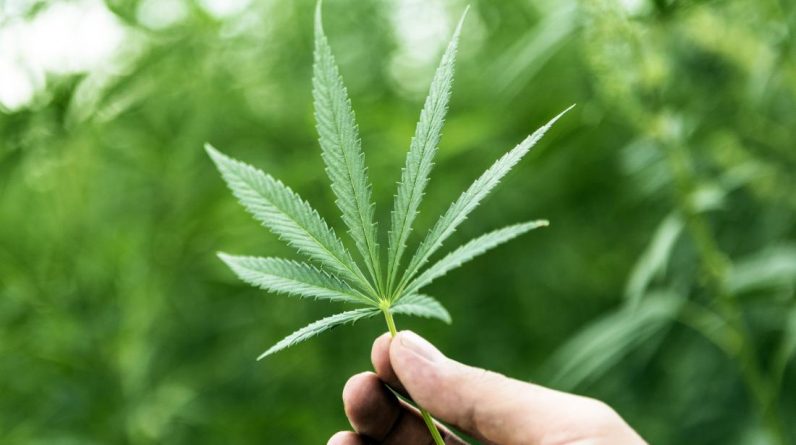
Cannabis (Marijuana) and Cannabinoids: What You Need To Know
Cannabinoids, the active compounds found in the cannabis plant, have gained significant attention for their potential health benefits. While often associated with recreational or medicinal use, cannabinoids are also being explored as nutritional supplements. In this article, we will delve into the emerging field of cannabinoids as nutritional supplements, examining their potential benefits, safety considerations, and regulatory landscape.
What are Cannabinoids?
Definition of Cannabinoids
Cannabinoids are a group of chemical compounds found in cannabis plants. They produce various effects on the body by interacting with the endocannabinoid system (ECS).
Overview of Cannabinoids as Nutritional Supplements
Cannabinoids can be consumed as nutritional supplements in various forms, such as oils, capsules, and edibles. They are known to have numerous health benefits.
Health Benefits of Cannabinoids
Pain Relief
Cannabinoids have analgesic effects and can help alleviate chronic pain caused by conditions such as arthritis or multiple sclerosis.
Anxiety and Depression Relief
CBD, in particular, has been shown to have a positive effect on anxiety and depression symptoms.
Neuroprotective Properties
Some cannabinoids have been found to have neuroprotective properties and may help slow down the progression of conditions such as Alzheimer’s and Parkinson’s disease.
Different Types of Cannabinoids
“Cannabis contains over 400 chemical compounds, including at least 100 cannabinoids.”
Source: National Institute on Drug Abuse
| THC (Tetrahydrocannabinol) | THC is the main psychoactive component of cannabis and is responsible for the “high” associated with its use. It is also known to have analgesic and anti-inflammatory properties. |
| CBD (Cannabidiol) | CBD does not produce the psychoactive effects of THC but has been shown to have numerous health benefits, including pain relief, anti-anxiety, and anti-inflammatory effects. |
| CBG (Cannabigerol) | CBG is often referred to as the “stem cell” of cannabinoids, as it is the precursor to many others. It has been found to have potential antibacterial and anti-inflammatory effects. |
Legal Status of Cannabinoids
Regulations and Restrictions
Cannabinoids are still illegal in many countries, and their use is heavily regulated in others. In the UK, for example, CBD products must contain less than 0.2% THC and must not make any medical claims.
Legalisation and Availability
Several countries, such as Canada and some US states, have legalized marijuana for medical and/or recreational use. However, regulations vary widely, and availability may be limited.
Potential Risks and Side Effects
- THC can cause temporary memory impairment and impaired driving ability.
- Excessive consumption can lead to anxiety, psychosis, and addiction.
- Some CBD products may contain harmful additives or contaminants.
Safety Considerations:
- Quality control and product regulation
- Potential side effects and interactions with medications
- Risks of contamination and mislabeling
- Dosing guidelines and individual variability
Individual Considerations and Professional Guidance:
- Importance of consulting healthcare professionals before use
- Considerations for specific populations (e.g., pregnant women, children, older adults)
- Potential drug interactions and contraindications
Cannabinoids, such as CBD, have emerged as a potential avenue for nutritional supplementation due to their reported health benefits. While ongoing research is necessary to fully understand their mechanisms and effects, cannabinoids show promise in various areas, including pain management, anxiety reduction, and sleep enhancement. As the field of cannabinoid supplementation evolves, it is crucial to prioritize safety, seek professional guidance, and remain informed about legal and regulatory considerations. With further research and responsible use, cannabinoids have the potential to provide an additional option for individuals seeking natural nutritional support for their overall well-being.






